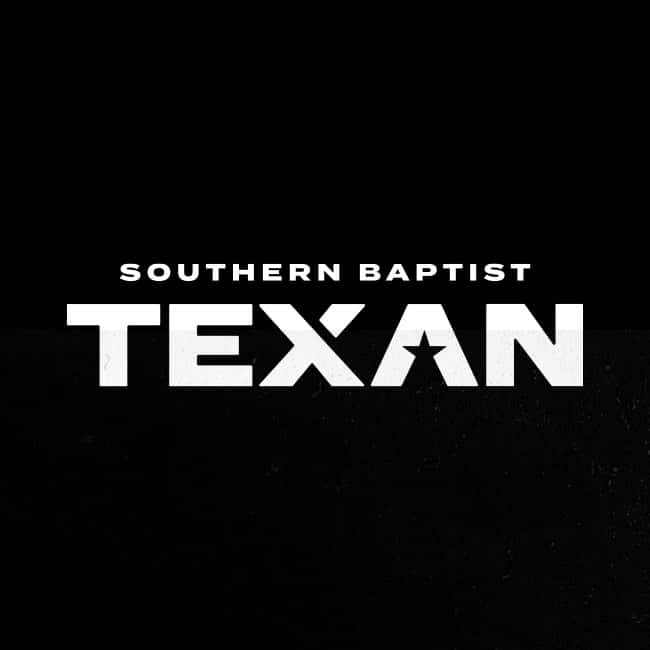Doug Walker, pastor of Fellowship of the Parks in Fort Worth, shared the story of his son’s tragic death from a drug overdose during a question-and-answer session on Monday night at the Empower Conference. He was interviewed onstage by Southern Baptists of Texas Convention Executive Director Nathan Lorick. The following is an excerpt of that interview:
NL: Pastor, you went through a very difficult season and, in some ways, surely still are. Would you take a moment and share what you’ve gone through?
DW: My middle son, John, passed away from an overdose. He was 23 years old. When he was 13, he was exposed to some things that we weren’t aware of. It’s not that we weren’t around, but we didn’t realize what was going on and how deep it got. He struggled with addiction. That led him to some legal issues. We had him in India for six weeks working in a children’s home when he was 14. We had him in a residential treatment program for a year. He eventually ended up in prison. He got out on probation. He was sober. Yet he bought a drug he thought was Percocet. It took his life. John made a commitment to Christ—I believe that with all my heart. He tried and he struggled. The struggle was real. We just came to the one-year anniversary of his passing. My wife and our boys and I had to deal with all that. It’s been very, very difficult. But by the grace of God, we’re here.
NL: How did you get up every day and try to lead and serve others?
DW: The truth is, I didn’t get out of bed every day. There were days I couldn’t. When you look at Scripture, at King David … I lean on the psalms of lament, like Psalm 13, where there is this incredible transparency with God. It’s like, “Oh God, this is what it feels like. This is where I hurt.” You’ve got to be transparent with God, but you’ve also got to be transparent with the people you lead. There is a fine line, a discernment that you’ve got to trust God will give you.
I have the privilege of being the founding pastor of a church. I have an executive staff that has come from within and they are my friends … and we have established a culture of transparency in our church. They know I’m not [just] their pastor—I’m a regular guy. My wife and I, we hurt. I have cried with them. I’ve gone through [questioning] what I could have done? The woulda-shoulda-coulda game is a game for losers. You always lose when you play that. Trust in God, be honest with your staff. I didn’t abdicate leadership. I empowered those who were around me that I trusted to step in and to lead on my behalf on the days when I couldn’t. I’m just grateful to God that He continues to work through Fellowship of the Parks and the people He’s put around me. … We’ve learned some things through this about how to continue to lead through grief.
NL: There’s no pain like the pain of losing a child. What wisdom would you offer those who are walking through similar situations?
DW: Don’t lose hope. Know that you’re not alone. The more you can talk about it, the more you are going to help people. We had people come out of the woodwork that we had no idea about the struggles they faced. They felt empowered to share.
Another thing is for you and your spouse to be on the same page. … We’ve been married 33 years, but we had to get some help to get us on the same page about how to step through it, what the boundaries were. … As a pastor, God has called you. The enemy wants to do everything he can to stop you and disable you and disarm you from ministry and effectiveness. He often targets us from the inside, where you least expect it.
The greatest challenge I’ve had in life is parenting. I’m going to be 55 this year. When we first began and had children, we thought we were going to do everything right. … I would just encourage you to hang on, be honest about your hurt, and find trusting people who can help you.
NL: People have told me what an incredible job you did preaching your son’s service.
Walker: John expressed himself in art. He depicted the struggle of doing what’s right. [In one picture] he shows the struggle between a good dog and a bad dog that are always fighting each other. The one that wins is the one you feed. You are not always responsible for what your kids choose, but this [is an important] conversation. Fentanyl is killing our children. But God is good.







